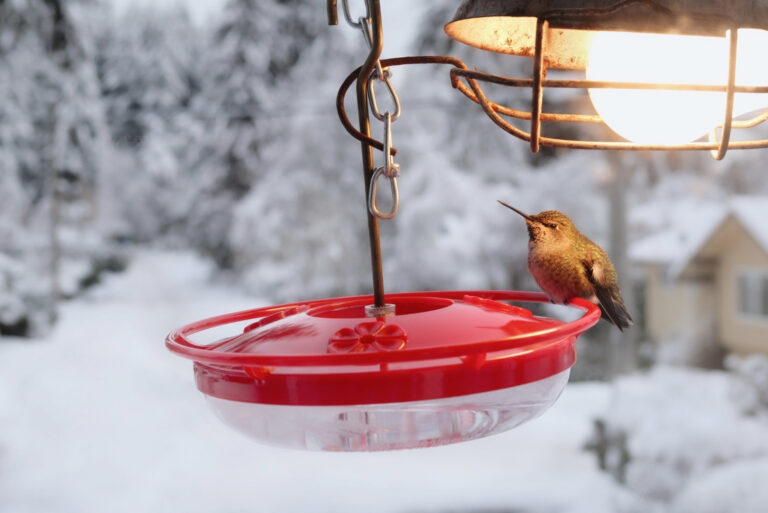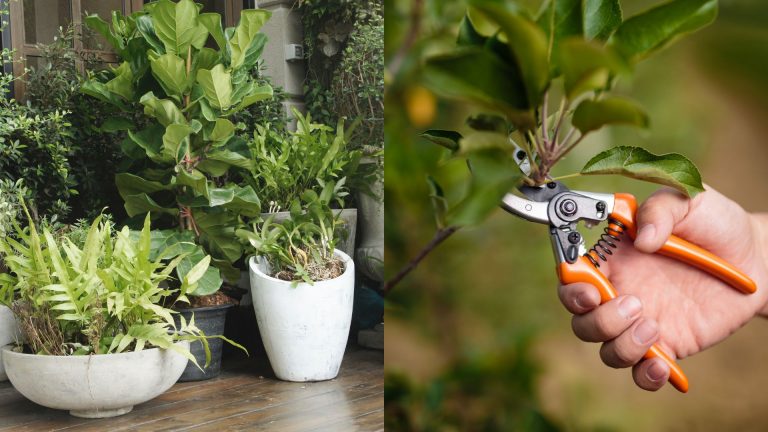16 Things You Can’t Legally Keep In Your Maryland Yard Without A Permit

Your Maryland yard might seem like your personal kingdom, but state laws actually limit what you can keep there. Many common items require special permits due to safety concerns, environmental impacts, or neighborhood regulations.
Understanding these restrictions helps avoid hefty fines and keeps your community safe and beautiful.
1. Backyard Chickens
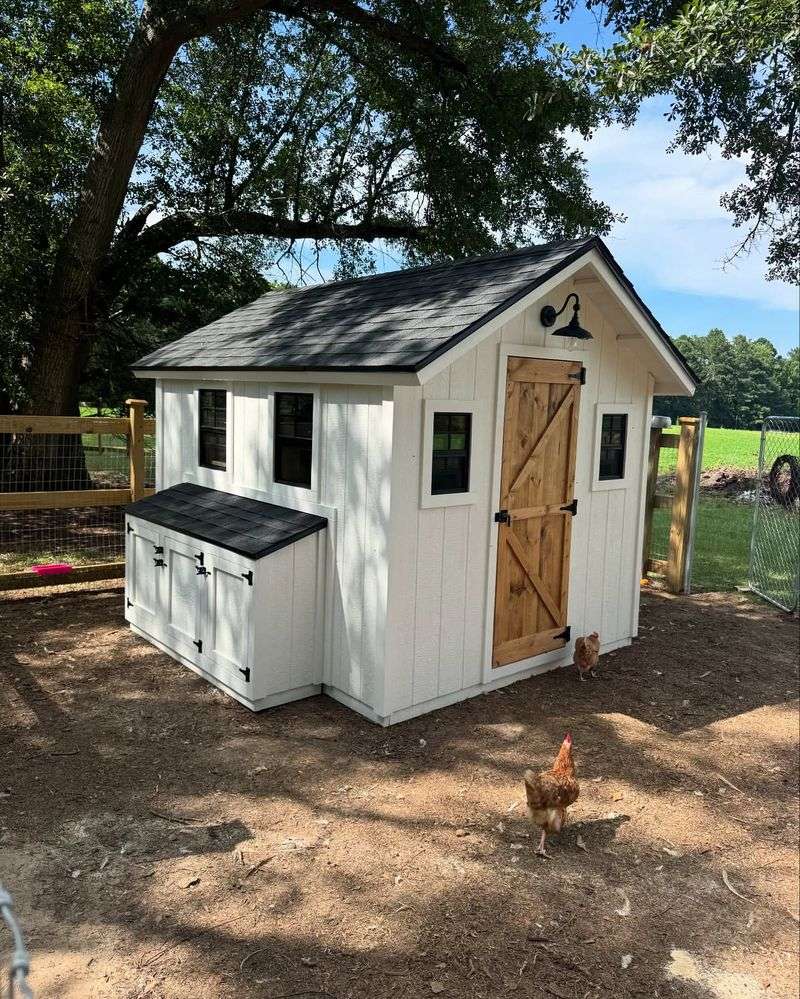
Fresh eggs for breakfast sound amazing, but keeping chickens isn’t as simple as buying a coop. Maryland counties have varying regulations about poultry ownership, with many requiring permits that specify the number of birds allowed and coop requirements.
Montgomery County residents need agricultural permits, while Baltimore City allows hens (no roosters) only with special permission. The permits often require neighbor notification and regular inspections to ensure proper sanitation.
2. Swimming Pools
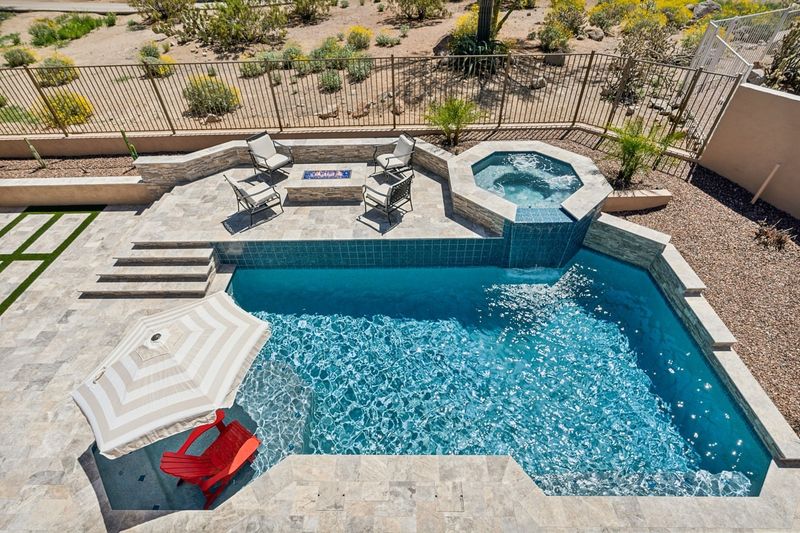
Dreaming of summer splashes in your own backyard oasis? Hold that thought! Any swimming pool deeper than 24 inches requires proper permits throughout Maryland. This rule applies to both in-ground and above-ground installations.
The permitting process ensures proper fencing, safety equipment, and electrical work meet code requirements. Officials will check that your pool has adequate barriers to prevent neighborhood children from accidentally wandering in. Skipping this permit can result in removal orders and substantial fines.
3. Beehives
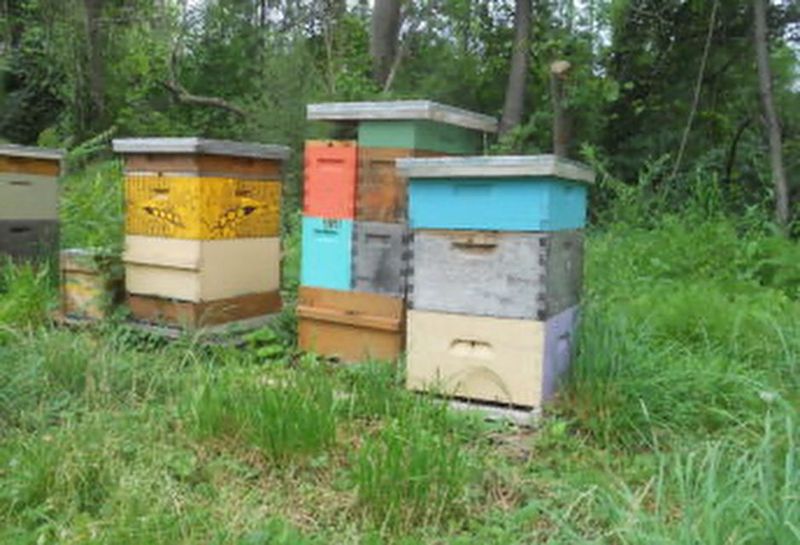
Buzzing with interest in beekeeping? Maryland’s approach to backyard apiaries varies by county. Most require registration with the Maryland Department of Agriculture and compliance with specific placement rules to minimize neighbor impacts.
Anne Arundel County, for example, requires beekeepers to maintain colonies at least 10 feet from property lines. Registration helps track colony health and prevent disease spread among bee populations. Local beekeeping associations often help new enthusiasts navigate the permitting process while learning proper hive management techniques.
4. Large Storage Sheds
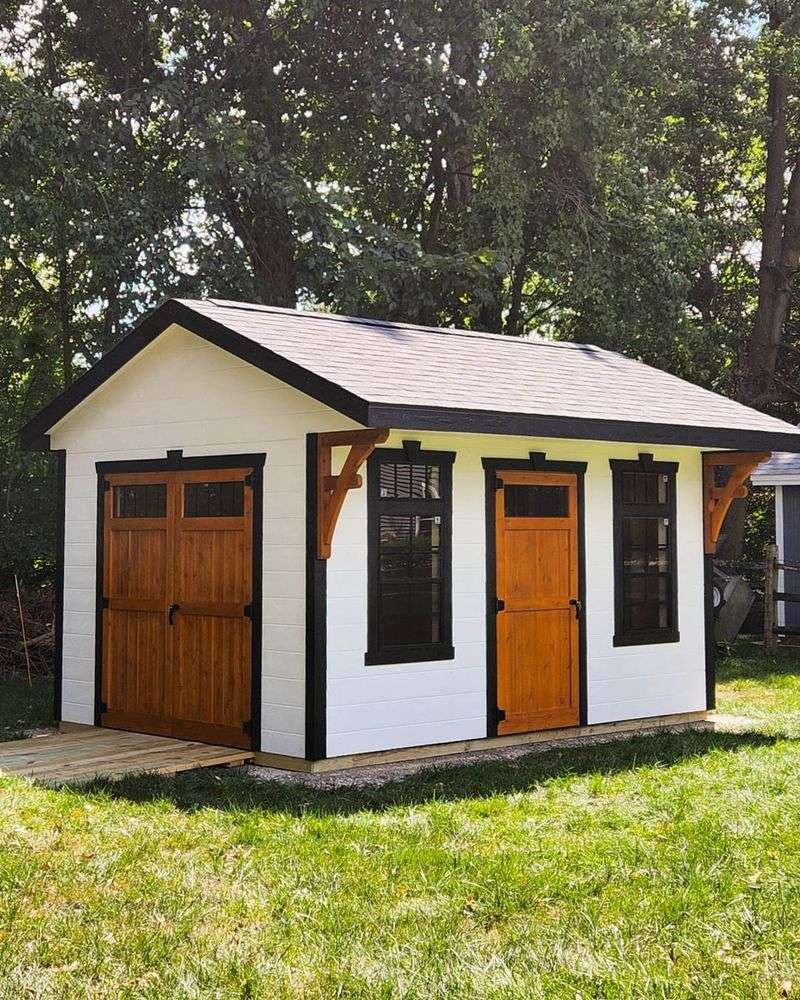
That garden shed you’ve been eyeing might need official approval before it lands in your yard. Structures larger than 120-200 square feet (varies by county) require building permits in most Maryland jurisdictions. The permit process examines foundation requirements, wind resistance capabilities, and proper anchoring methods.
Many neighborhoods have additional HOA restrictions limiting shed sizes, materials, and placement. Smart homeowners check both county regulations and neighborhood covenants before purchasing a storage building to avoid expensive mistakes.
5. Livestock Animals
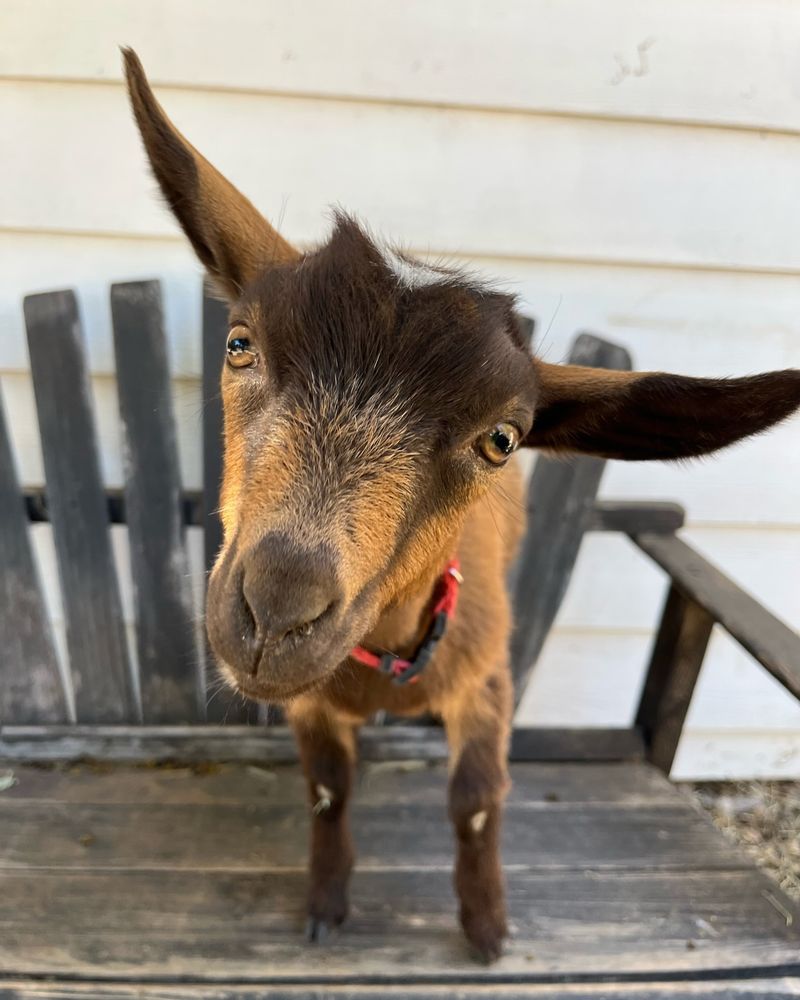
Mini-horses and pet goats might seem like charming additions to your property, but livestock requires proper permits in most Maryland residential areas. Even small animals like sheep or goats typically need agricultural zoning or special exceptions.
Frederick County, with its rural areas, has more flexible rules than dense suburban regions like Howard County. The permits specify maximum animal counts, required acreage per animal, and waste management plans. Many neighborhoods explicitly prohibit livestock through HOA covenants regardless of county permissions.
6. Extensive Vegetable Gardens

Growing your own tomatoes is usually fine, but large-scale vegetable production might require permits in certain Maryland zones. Gardens that substantially alter drainage patterns or that are intended for commercial sales often need review.
Some counties restrict the percentage of yard space dedicated to food production in residential areas. Water usage concerns also trigger permit requirements in drought-prone regions. Community gardens on shared land almost always require official permission and often need specific insurance coverage.
7. Fire Pits and Outdoor Fireplaces
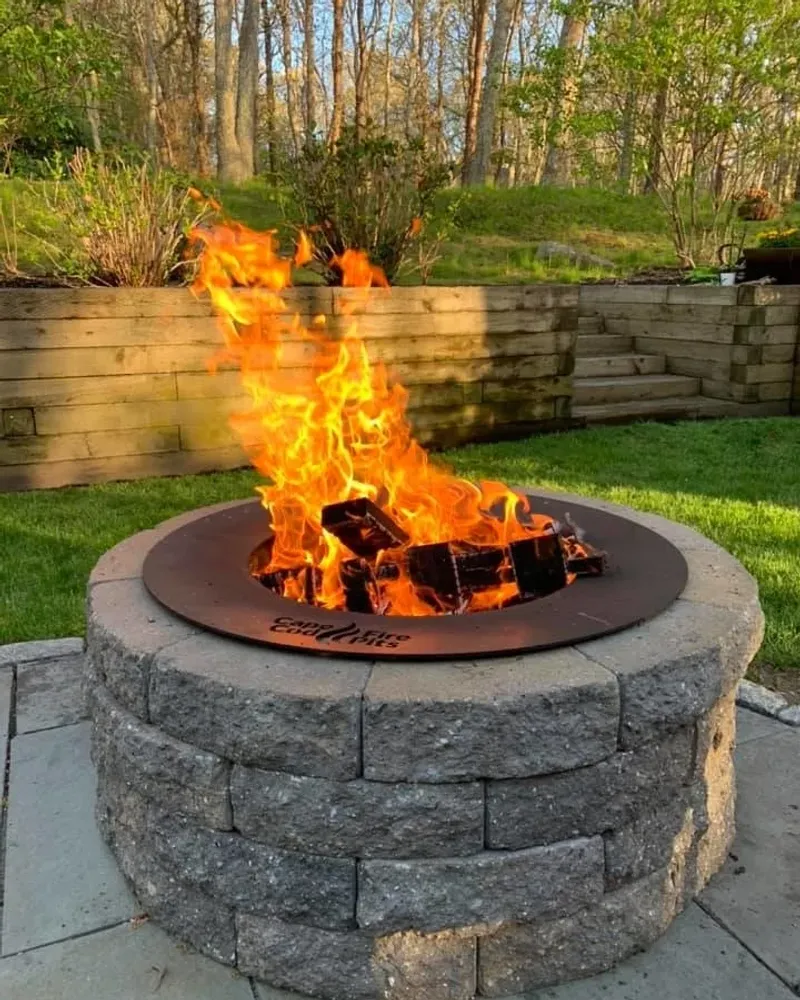
S’mores and stargazing go perfectly with backyard fires, but permanent fire features need permits in most Maryland counties. These regulations ensure proper clearance from structures and trees to prevent dangerous situations.
Montgomery County requires permits for built-in fire pits exceeding certain dimensions. Portable fire pits generally don’t need permits but must follow local burning regulations. The approval process typically includes an inspection to verify safety measures and proper construction materials.
8. Large Antennas and Satellite Dishes
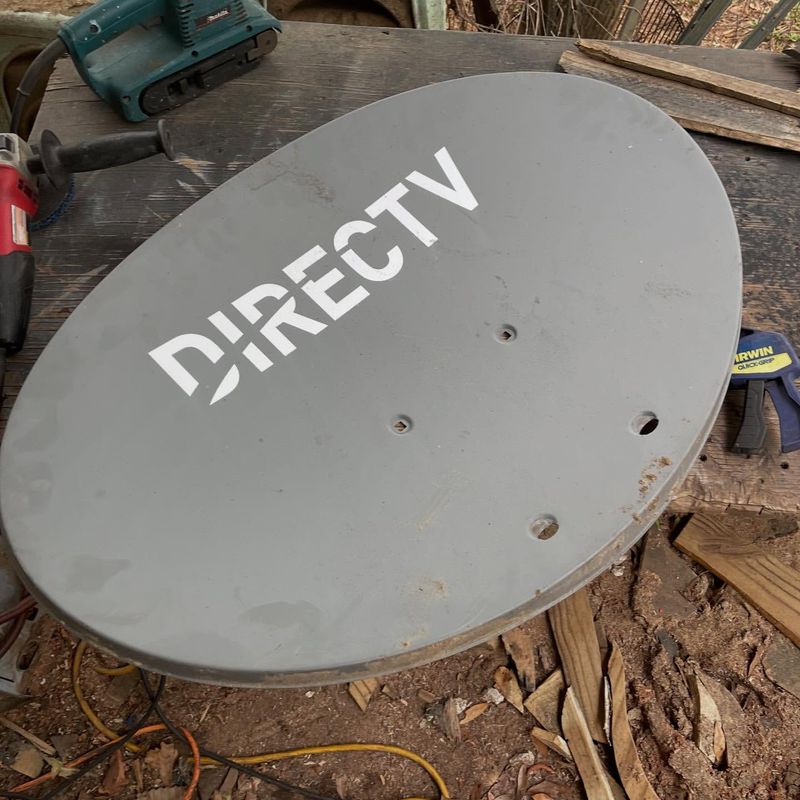
Communication equipment exceeding certain heights requires permits throughout Maryland. Amateur radio towers, large satellite dishes, and similar structures face scrutiny due to safety and aesthetic concerns. Baltimore County restricts antenna heights in residential areas without proper permits.
The approval process examines structural integrity, lightning protection, and potential fall zones. Many HOAs have additional restrictions on visible communication equipment, sometimes prohibiting them entirely regardless of county approvals.
9. Recreational Vehicles (Long-term)
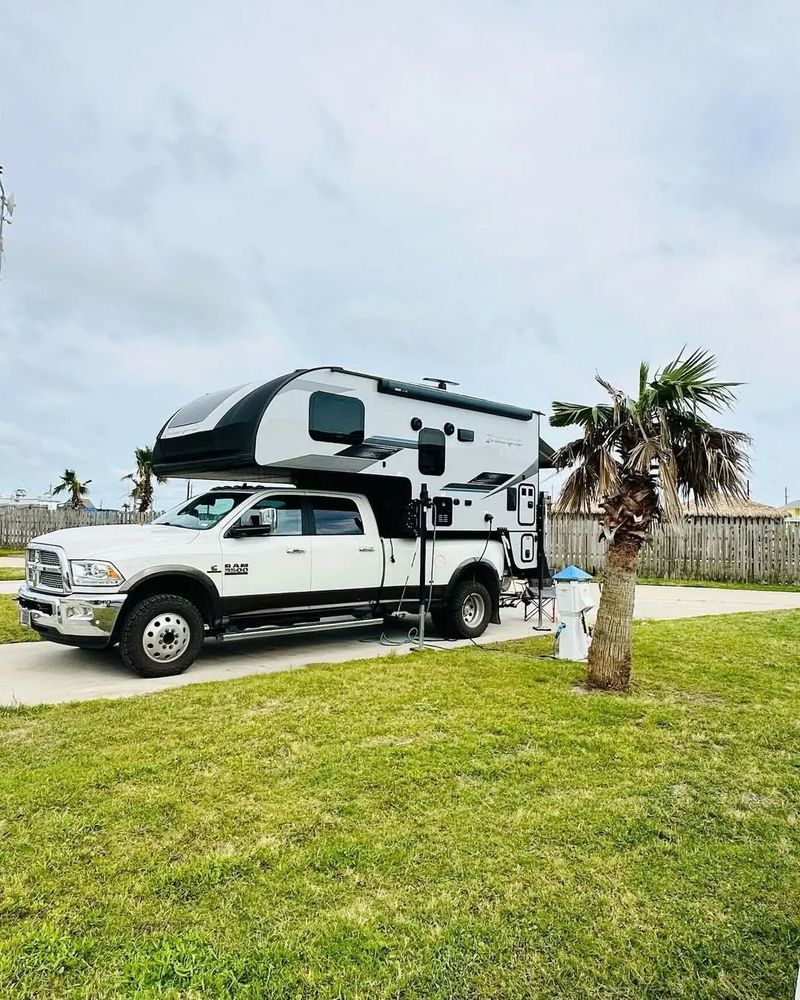
Parking your camper or boat in the driveway for a few days is typically fine, but long-term RV storage often requires permits in Maryland communities. Many counties limit the duration vehicles can remain on residential properties.
Anne Arundel County, for example, restricts RV parking to specific setbacks from property lines. Some neighborhoods completely prohibit visible recreational vehicle storage through HOA regulations. The permits often specify screening requirements like fencing or landscaping to minimize visual impact on neighbors.
10. Extensive Hardscaping

Beautiful stone patios and retaining walls might transform your outdoor space, but extensive hardscaping projects need permits in most Maryland counties. Any project altering drainage patterns or exceeding certain square footage triggers review requirements.
Howard County requires permits for retaining walls over 3 feet tall due to structural concerns. The approval process examines water runoff impacts on neighboring properties and environmental considerations. Skipping these permits can result in removal orders if drainage problems develop.
11. Home Business Structures
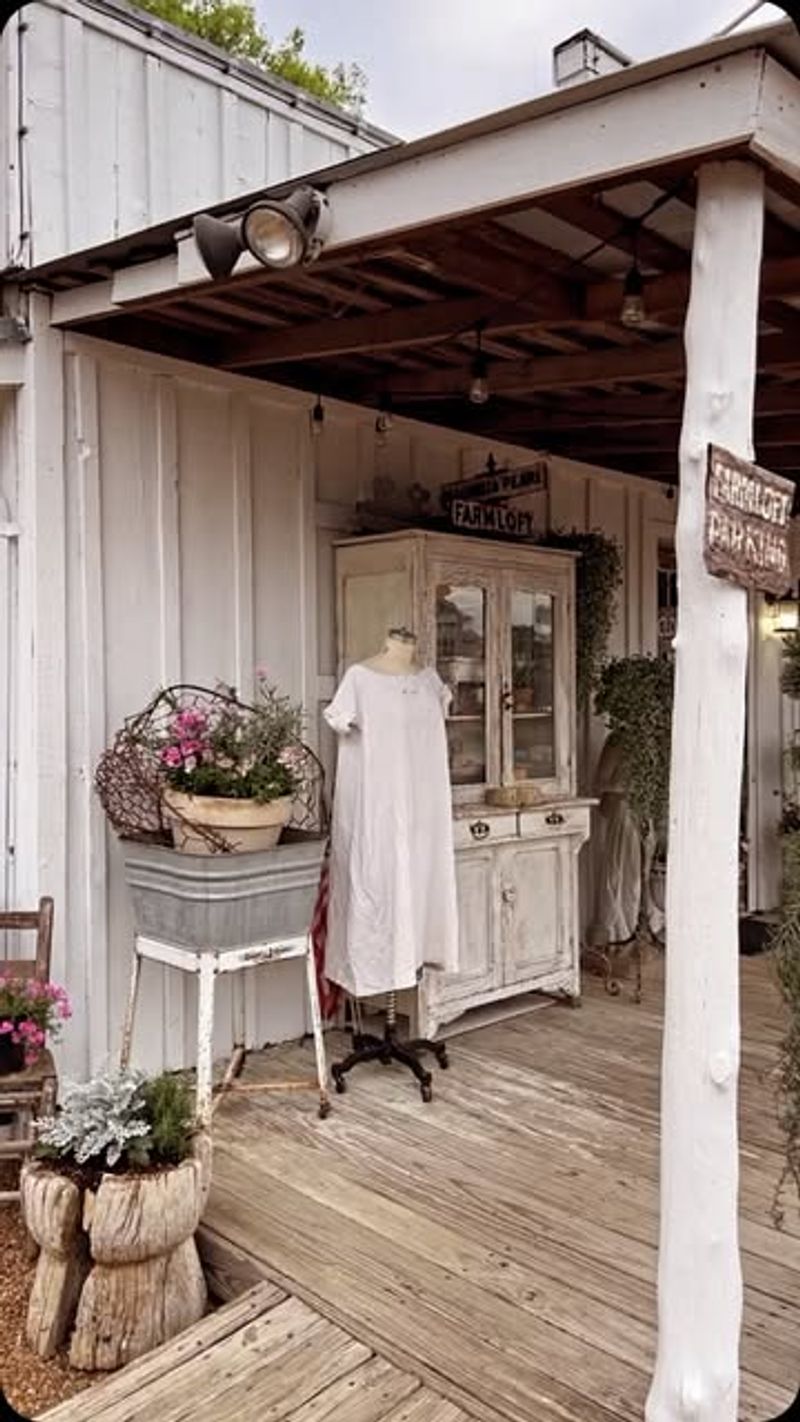
Running a business from a backyard studio or workshop sounds ideal, but dedicated structures for commercial activities require special permits. Maryland counties carefully regulate home-based businesses to maintain residential character. Montgomery County limits the square footage dedicated to business activities without proper zoning exceptions.
The permitting process examines customer traffic, parking needs, and potential neighborhood disruptions. Many businesses also need separate occupancy permits beyond the building approval itself.
12. Exotic Animals

Unusual pets like large snakes, monkeys, or exotic birds often require special wildlife permits in Maryland. State law restricts ownership of potentially dangerous or invasive species without proper licensing. The Maryland Department of Natural Resources oversees these permits, requiring proof of proper containment facilities and care knowledge.
Even with state approval, many counties have additional restrictions or outright bans on certain species. Exotic animal permits typically require regular inspections and renewal processes.
13. Large Playground Equipment
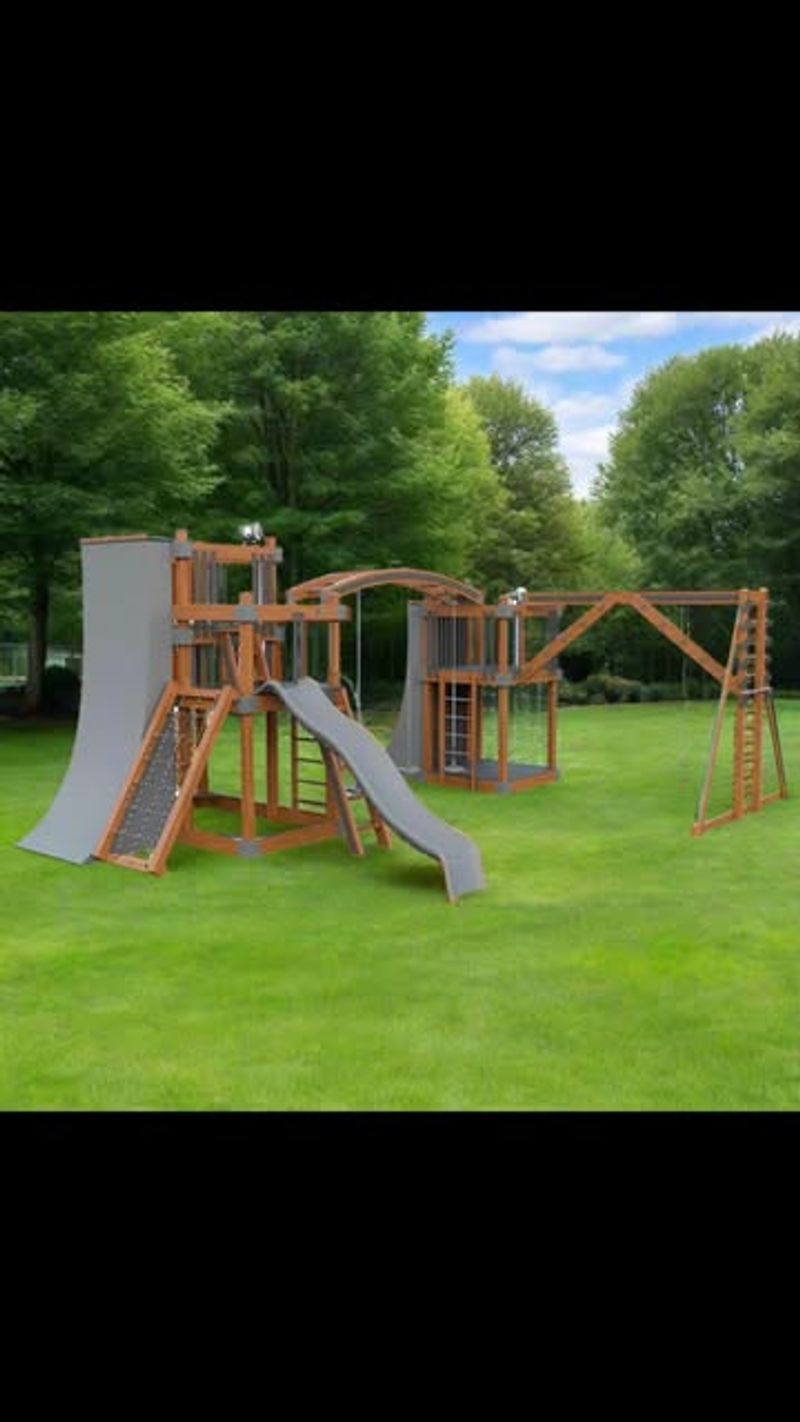
That dream playground complex might need official approval before installation. Structures exceeding certain heights or square footage require permits in many Maryland jurisdictions to ensure safety and proper anchoring.
Prince George’s County requires permits for playground equipment over specific dimensions. The approval process verifies adequate fall zones, proper materials, and structural integrity. Many neighborhoods have additional restrictions through HOA regulations limiting size and placement of play structures.
14. Multiple Accessory Structures
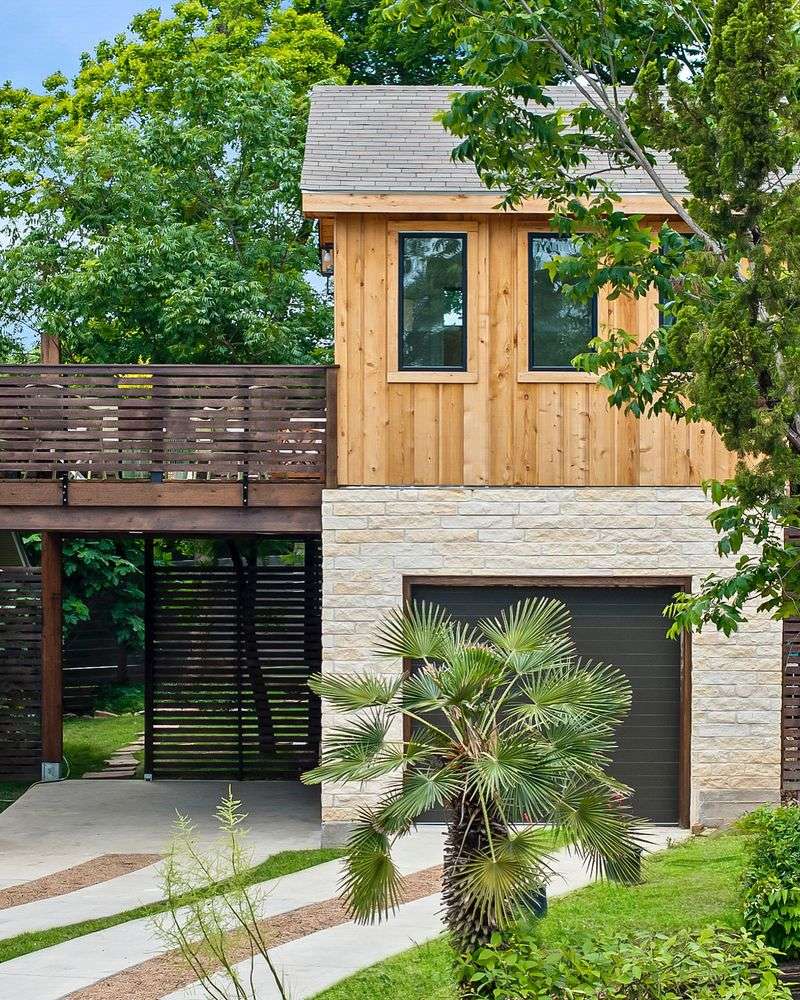
One shed might be permit-free (if small enough), but adding multiple structures often triggers review requirements. Maryland counties typically limit the number and combined square footage of accessory buildings on residential lots.
Frederick County, for example, restricts total accessory structure coverage to a percentage of the property. The permitting process ensures proper spacing between buildings for fire safety and access. Neighborhood covenants frequently impose stricter limitations than county regulations.
15. Large Trees (Planting or Removal)
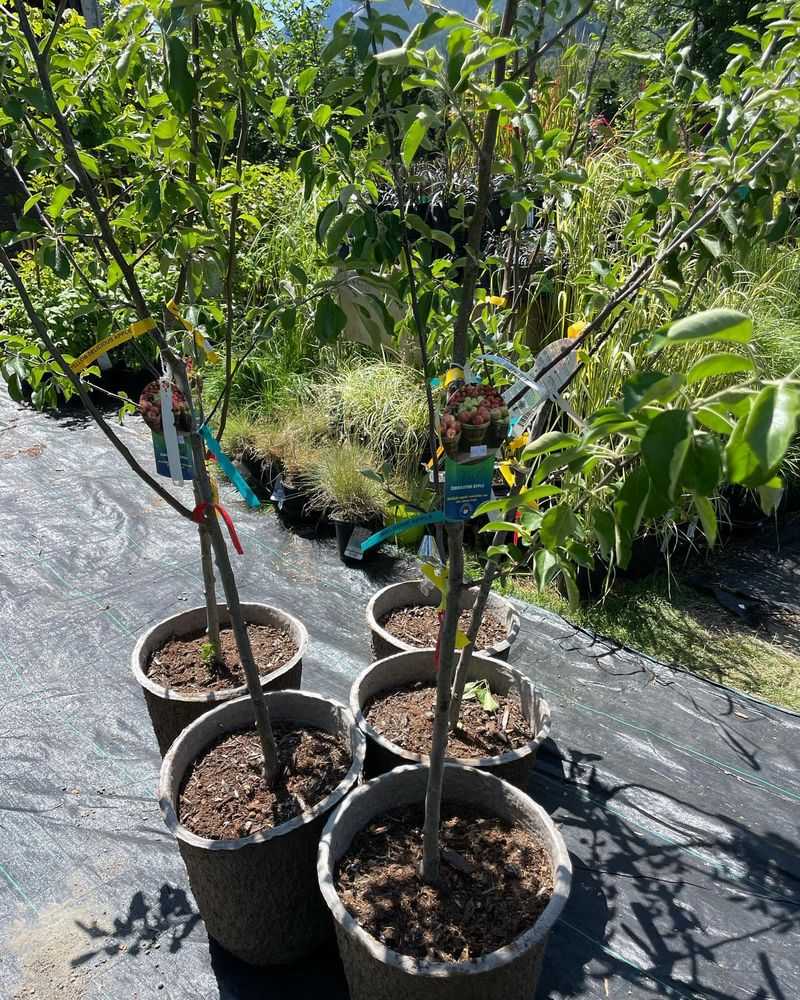
Surprisingly, both planting and removing significant trees may require permits in many Maryland jurisdictions. Counties protect mature trees as environmental assets and regulate new plantings near utilities or property lines.
Montgomery County’s strict tree ordinance requires permits for removing trees over a certain diameter. Baltimore City has similar protections for heritage trees. The permit process helps prevent accidental damage to underground utilities during planting and protects neighborhood tree canopy from excessive removal.
16. Significant Grading or Excavation
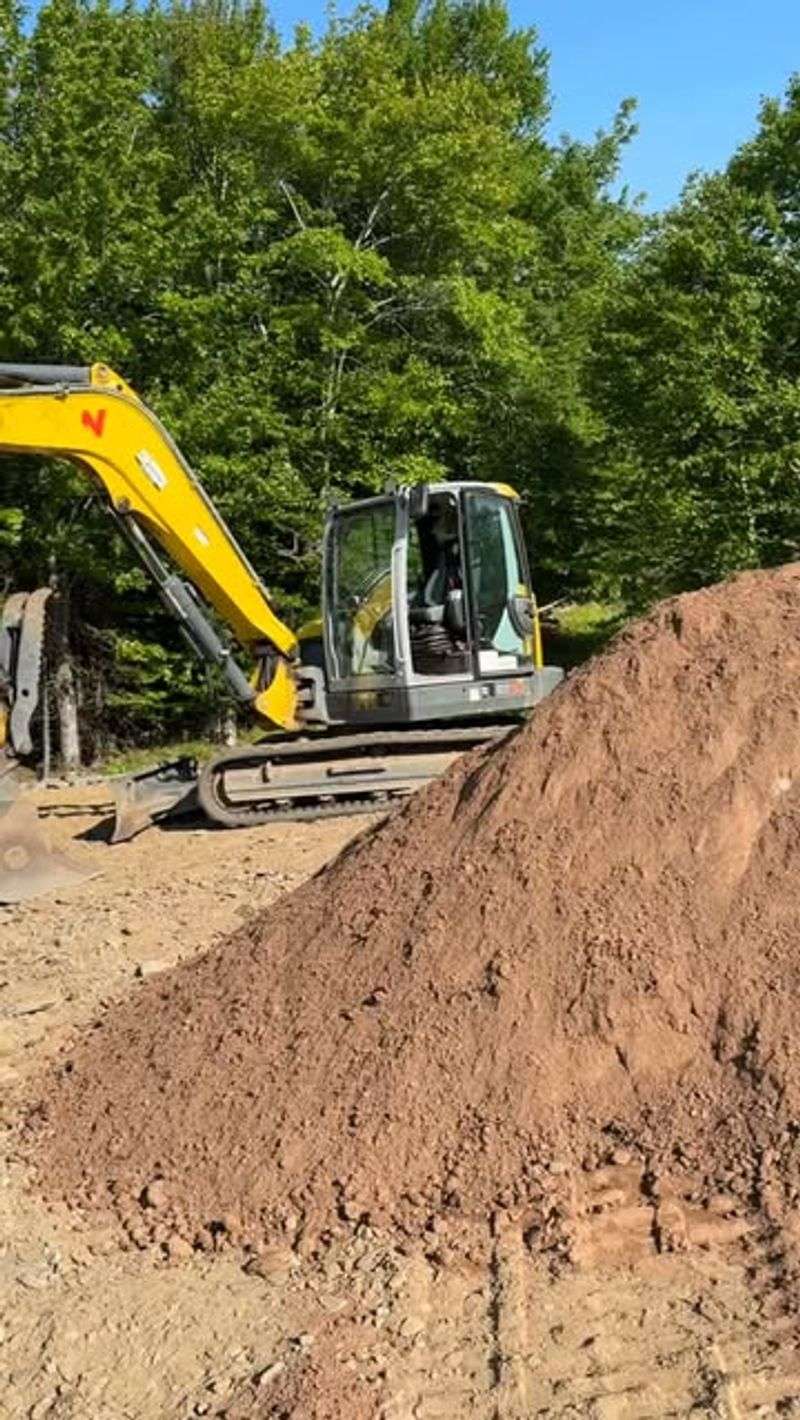
Creating that perfect sloped lawn or digging for a garden pond? Significant earth-moving projects require permits throughout Maryland to prevent erosion and drainage problems. Most counties require sediment control permits for disturbing more than 5,000 square feet of land.
The approval process examines runoff management, soil stabilization plans, and environmental impacts. Projects near streams or wetlands face additional scrutiny and may need state-level environmental permits.

